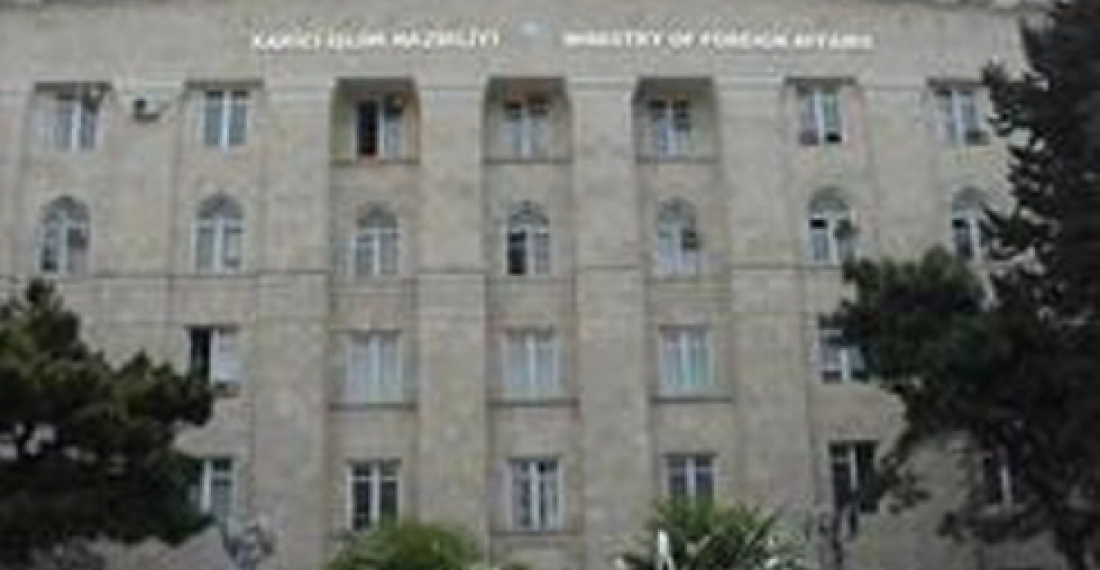The spokesman of the Ministry of Foreign Affairs of Azerbaijan, Ellman Abdullaev, has warned that the opening of Stepanakert Airport in Nagorno-Karabakh will harm the peace process.
According to Azerbaijani media he said that "such a step made by Armenia shows that official Yerevan has no intention on the regulation of the conflict in the region and that Azerbaijan has appealed for several times to international organizations on the issue." Abdullaev added that “This fact must be strictly condemned by the international community”.
Commonspace.eu political editor said that the newly reconstructed airport in Stepanakert has been ready for some months and is able to receive its first passengers and planes. The authorities of the self declared Nagorno-Karabaklh Republic have said that it will be opened soon, and the Armenian side is likely waiting for the 'right' political moment for what undoubtedly be perceived by Baku to be a provocative step. Baku has promised reprisals in case the airport is open, but earlier claims by some Azerbaijani officials that planes flying to the airport will be shot have later beedn dismissed by more authoritative Azerbaijani sources. Azerbaijan however has a number of steps it can take in the field of civil aviation, that it may resort too.
source: commonspace.eu
photo: The Ministry of Foreign Affairs in Baku (archive picture).







